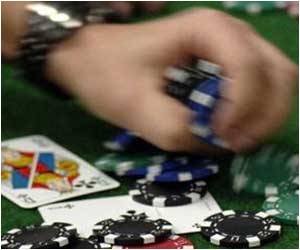A recent study has shown that predicting sport outcomes is better if people are not biased with their earlier knowledge and views on the matter.

Researchers from the University College London (UCL) and the University of Montreal said that it is better if people did not use their previous knowledge and memory when it comes to making predictions about the game.
The researchers reasoned that memories of previous situations and events can influence people when they make decisions. This can obviously cause them to take a wrong decision in a current situation. It can cause them to have prejudices which can hamper effective decision-making.
"Providing people with idealized situations, as opposed to actual outcomes cleans their memory and provides a stock of good quality evidence for the brain to use. Unlike machine systems, people's decisions are messy because they rely on whatever memories are retrieved by chance. One consequence is that people perform better when the training is idealized - a useful fiction that fits are cognitive limitations," researchers said.
Source-Medindia










